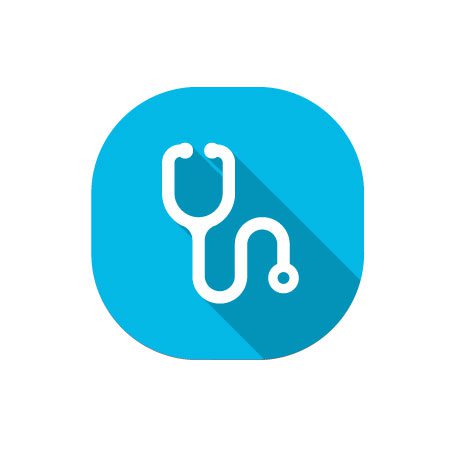- Wired at night
- Trouble sleeping-trouble falling asleep or frequent awakenings
- Severe fatigue-new onset
- Abrupt weight gain without other cause such as decreased activity or depression
- Decreased ability to exercise
- Menstrual abnormalities
- Cognitive changes- “brain fog”
- Decreased libido-low interest in sex
- Symptoms of adrenal insufficiency-joint pains, can’t get out of bed, nausea and vomiting
- Depression, anxiety, mood-swings
- Muscle atrophy
- Central obesity
- Thin skin
- Buffalo hump
- Round, red face
- Bruising
- Extra hair growth
- Acne
- Loss of hair on head
- Stretch marks
×
- Meet Dr. Friedman
- Blog
- Adrenals
- Anti-Thyroglobulin Antibodies and Hashimoto’s
- Berberine versus metformin for prediabetes and mild diabetes
- Cushings
- Dr. Friedman’s Guide to New And Old Weight Loss Drugs
- Glucocorticoids and Sleep: Dr. Friedman’s NIH Research
- Oxytocin for patients with pituitary dysfunction?
- 7 Overlooked Endocrine Causes of Fatigue
- Supplements to Lower TPO Antibodies
- The Ins and Outs of Glucocorticoid Replacement
- Thyroid
- 7 Common Myths about Thyroid Disease
- 7 Reasons To Take Desiccated Thyroid
- Can I Take My Desiccated Thyroid or T3 Once a Day
- Graves’ Disease vs Hyperthyroidism
- Hashimoto’s Versus Hypothyroidism
- Hypothyroidism Overview, Diagnosis and Individualized Treatment
- I Have Been Diagnosed with Thyroid Cancer, Do I need My Thyroid Removed?
- Iron Deficiency Fatigue and Thyroid Disease
- Optimizing Thyroid Hormone Replacement
- Should I take T3 only for my hypothyroidism?
- T4/T3 Combination
- TPO ANTIBODY: THE MOST IMPORTANT TEST FOR MILD HYPOTHYROIDISM
- Using rT3 to Assess Hypothyroidism
- Vitamin D Deficiency and Thyroid Disease
- Womens Health
- Endocrine Conditions
- Telehealth
- Hormone Testing
- Appointments





